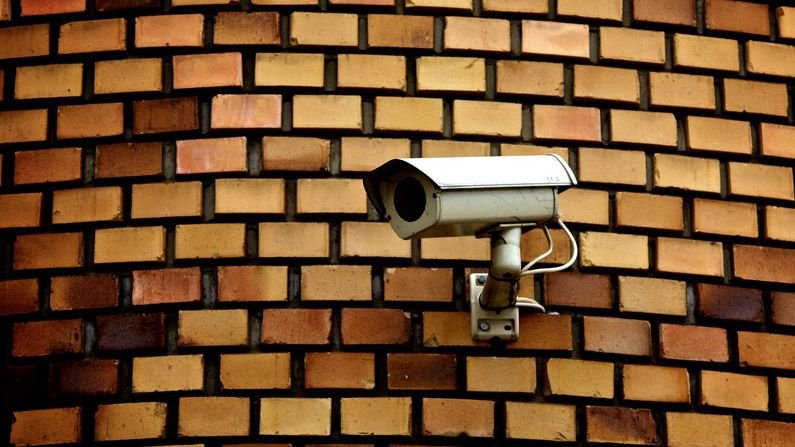You may not think your site has anything worth being hacked for, but websites are compromised all the time. The majority of website security breaches are not to steal your data or mess with your website layout, but instead attempts to use your server as an email relay for spam, or to set up a temporary web server, normally to serve files of an illegal nature. Other very common ways to abuse compromised machines include using your servers as part of a botnet, or to mine for Bitcoins. You could even be hit by ransomware.
Hacking is regularly performed by automated scripts written to scour the internet in an attempt to exploit known website security issues in software. Here are our top nine tips to help keep you and your site safe online.
01. Keep software up to date
It may seem obvious, but ensuring you keep all software up to date is vital in keeping your site secure. This applies to both the server operating system and any software you may be running on your website such as a CMS or forum. When website security holes are found in software, hackers are quick to attempt to abuse them.
If you are using a managed hosting solution then you don’t need to worry so much about applying security updates for the operating system as the hosting company should take care of this.
If you are using third-party software on your website such as a CMS or forum, you should ensure you are quick to apply any security patches. Most vendors have a mailing list or RSS feed detailing any website security issues. WordPress, Umbraco and many other CMSes notify you of available system updates when you log in.
Many developers use tools like Composer, npm, or RubyGems to manage their software dependencies, and security vulnerabilities appearing in a package you depend on but aren’t paying any attention to is one of the easiest ways to get caught out. Ensure you keep your dependencies up to date, and use tools like Gemnasium to get automatic notifications when a vulnerability is announced in one of your components.





